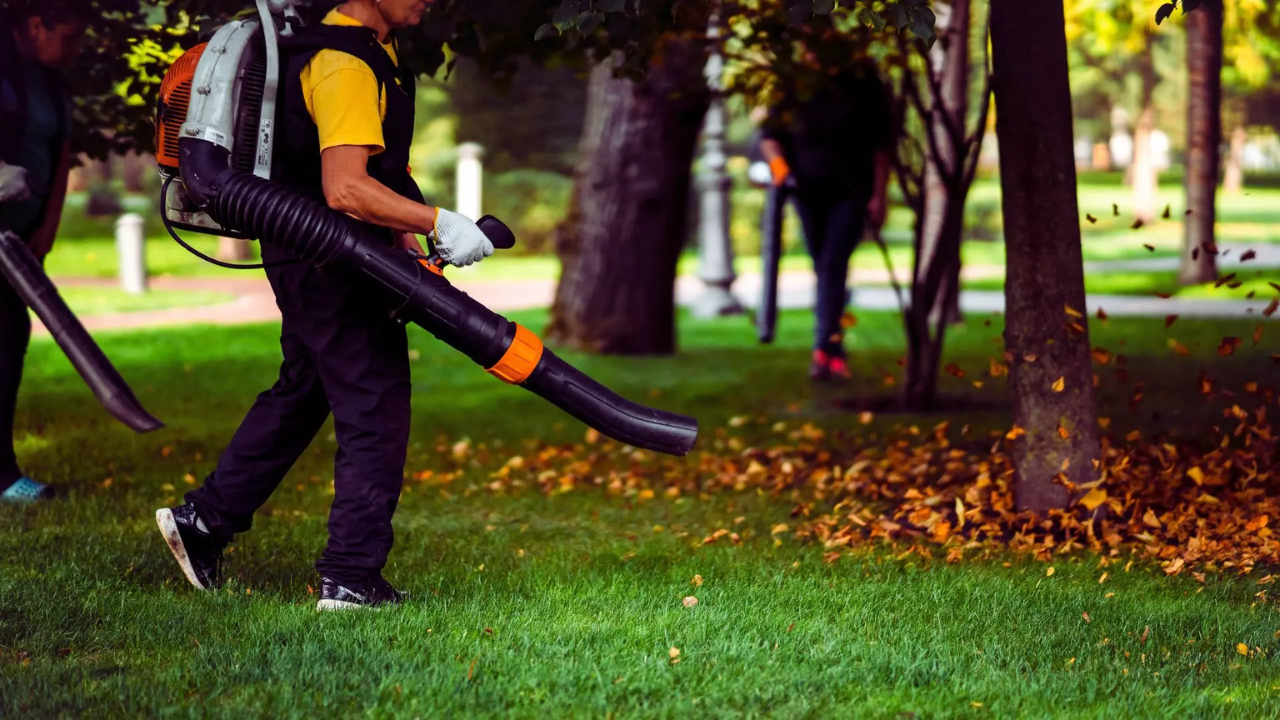A Chicago suburb has taken a bold step by banning gas-powered leaf blowers to reduce noise pollution and protect community well-being.
The move has stirred up discussions not only in Illinois but also in neighboring states like Iowa and Wisconsin, where residents and local authorities are now questioning whether similar bans could be introduced there too.
The suburb of Evanston, Illinois, located just north of Chicago, officially implemented its ban recently, following several months of community meetings, public input, and environmental reports. City officials cited excessive noise, air pollution, and health concerns as the primary reasons for this decision.
The new rule prohibits the use of gas-powered leaf blowers year-round, with a focus on encouraging quieter, electric alternatives.
Residents in Evanston have long voiced frustration about the noise caused by leaf blowers, especially during early mornings or weekends when many people are trying to rest.
The city received dozens of complaints over the past few years, and city council members finally decided it was time to act. According to the ordinance, violators could face fines ranging from $100 to $250 if caught using the banned equipment.
City leaders also pointed to health and environmental data showing that gas-powered leaf blowers contribute to poor air quality. These machines often run on two-stroke engines, which emit higher levels of carbon monoxide and other pollutants compared to cars.
Some studies claim that running a gas leaf blower for an hour can produce the same amount of emissions as driving a car for over 1,000 miles.
While the new rule has been praised by environmentalists and many residents, not everyone is on board. Landscaping companies and workers have expressed concerns about the financial burden of switching to electric models, which can be more expensive upfront and have limited battery life. Still, the city is considering offering financial incentives or grants to small businesses to help them make the transition.
This local change has not gone unnoticed in other Midwestern states. In Iowa and Wisconsin, where suburban areas also experience seasonal yard maintenance issues, discussions have begun about whether similar bans could be useful or feasible.
Several towns in both states are now watching how the ban in Evanston unfolds, especially in terms of public feedback, enforcement challenges, and actual environmental impact.
In Wisconsin, some local environmental groups have already started petitions to bring the issue to city councils. They argue that banning loud, polluting equipment can significantly improve neighborhood quality of life.
On the other hand, Iowa lawmakers seem more cautious. While some cities like Iowa City have expressed interest, officials there say a proper study would be needed before any decisions are made.
In both states, public opinion is divided. Some residents welcome the idea, especially those living in quiet neighborhoods where landscaping equipment is a constant disturbance.
Others feel the move is unnecessary government interference and worry about the financial cost to workers and homeowners who would need to replace existing tools.
Despite the mixed reactions, one thing is clear: Evanston’s decision has sparked a regional conversation. As more communities look for ways to become greener and reduce noise pollution, bans like this may become more common across the country.
For now, residents of Iowa and Wisconsin can still use gas-powered leaf blowers, but with increased scrutiny and ongoing debates, it may not stay that way for long.






